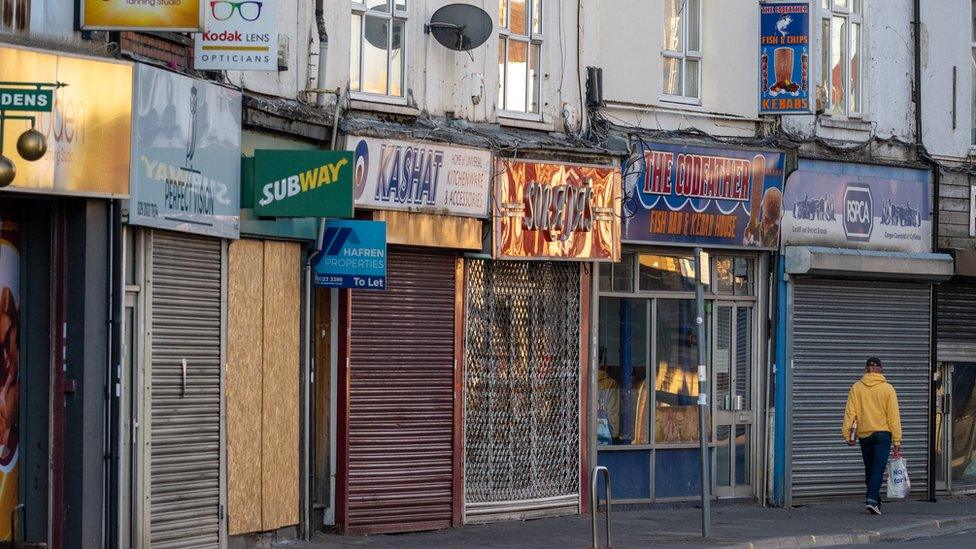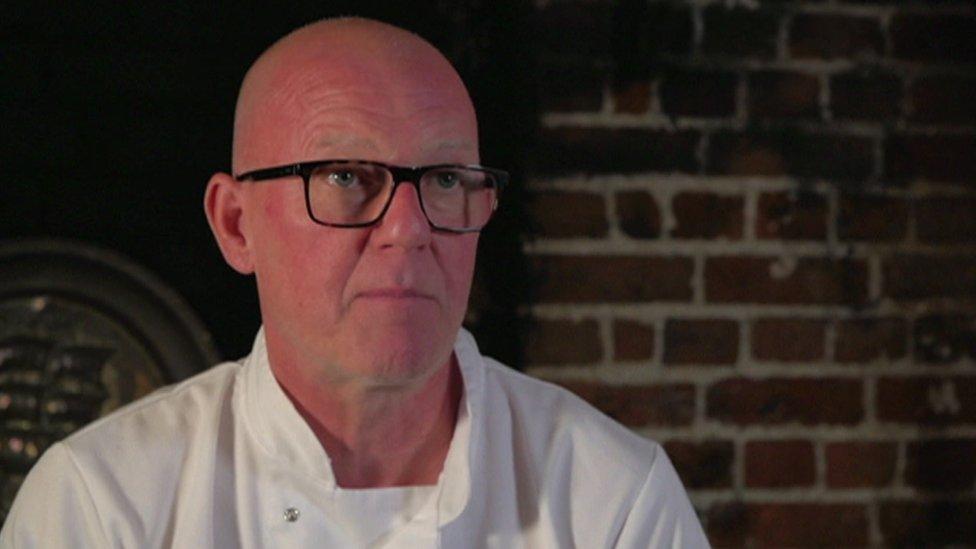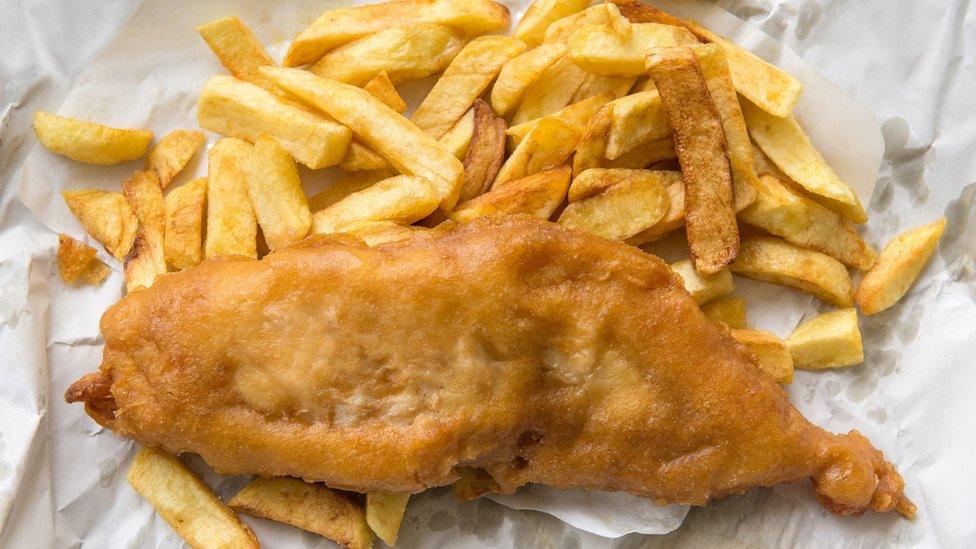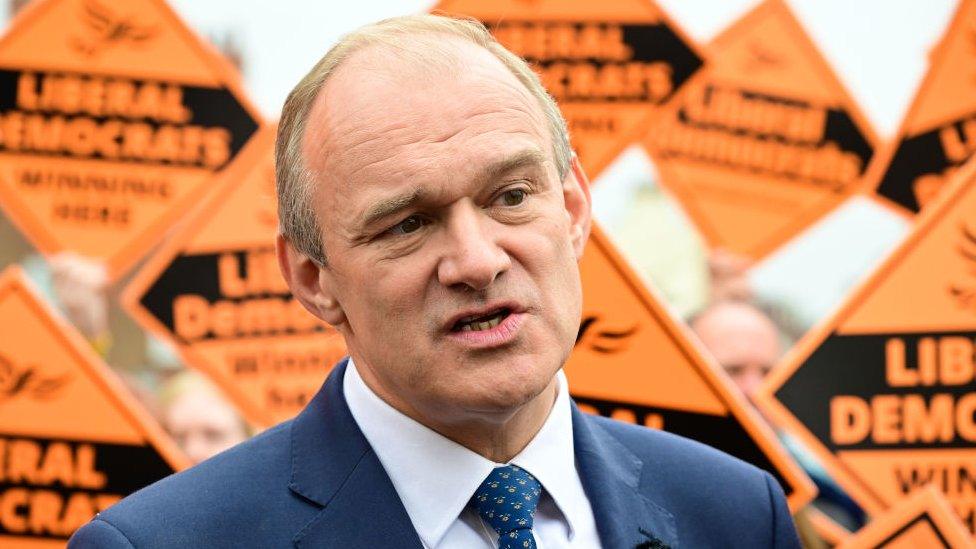Energy bills: Lib Dems call for £10bn in grants to help smaller firms
- Published
- comments

The government is being urged to throw small and medium-sized businesses a £9.6bn lifeline to save them from soaring energy bills.
The Liberal Democrats say firms should be given grants of up to £50,000 for one year to prevent the UK's High Streets turning into "ghost towns".
Many businesses - which are not covered by the household price cap - are facing huge increases to renew contracts.
The Lib Dems say their scheme could be paid for by raising taxes on banks.
Tory leadership hopefuls Liz Truss and Rishi Sunak have said they would look at business energy costs if elected prime minister next week.
However, neither candidate has so far set out what support they might offer. The Treasury has said it is working up options for additional help.
Calls for small business support have increased in recent weeks, ahead of October, the time of year when many firms renew their energy contracts.
Industry analysts have warned some firms on two-year contracts are facing a fivefold increase in prices, whilst some small business are reportedly struggling to secure new fixed-term deals from suppliers at all.
Lib Dem leader Sir Ed Davey said the "sky-rocketing" hikes risked turning high streets into "ghost towns".
"Local shops, pubs and restaurants could all close their doors for the last time over the coming months unless the government steps up urgently," he added.
Under the Liberal Democrat plan, the 1.4m businesses in the UK with under 250 employees would be offered grants covering 80% of their energy cost increase.
Banking taxes rise
The party estimates this would cost £9.6bn, which it proposes to cover by cancelling a scheduled reduction next April in the corporation tax surcharge paid by banks and building societies.
It also says it would increase the bank levy, paid by banks on outstanding loans or interest payments, which has been progressively cut from 2018 onwards.
Labour has said it would set up a £1bn fund to help energy intensive industries like steel, chemicals and ceramics.
It also says it would cut business rates for small firms, and in the long-term would replace business rates with a new commercial property tax.
Foreign Secretary Ms Truss, tipped by pollsters as the favourite to become prime minister, told the final Tory leadership hustings in London on Wednesday she would "absolutely be looking to act on business energy costs" if she wins power.
At an earlier hustings in Norwich, former chancellor Mr Sunak said extra support for business was "clearly something the new prime minister will have to look at".
Related topics
- Published30 August 2022

- Published24 August 2022

- Published9 August 2022
